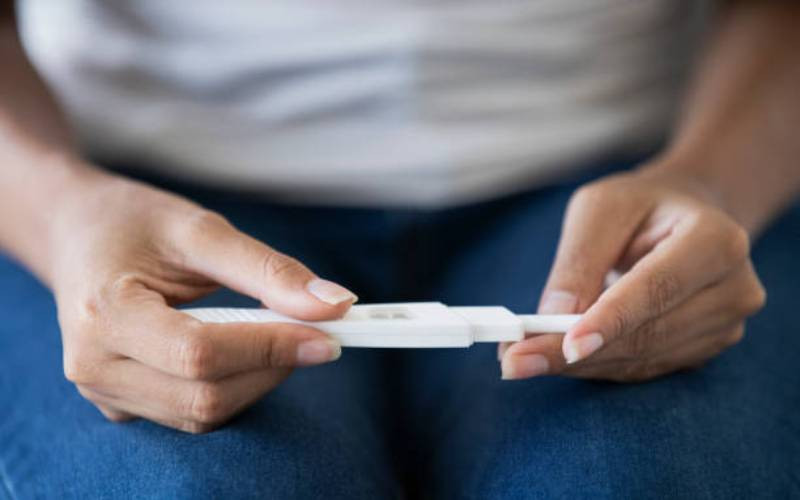×
The Standard e-Paper
Stay Informed, Even Offline

The longer a couple takes to seek medical assistance if they can't conceive naturally for at least one year, the worse the situation gets, according to fertility experts.
Dr Charles Muteshi, a consultant gynaecologist at the Aga Khan University Hospital in Nairobi, says the long waits may reduce the chances of conception.